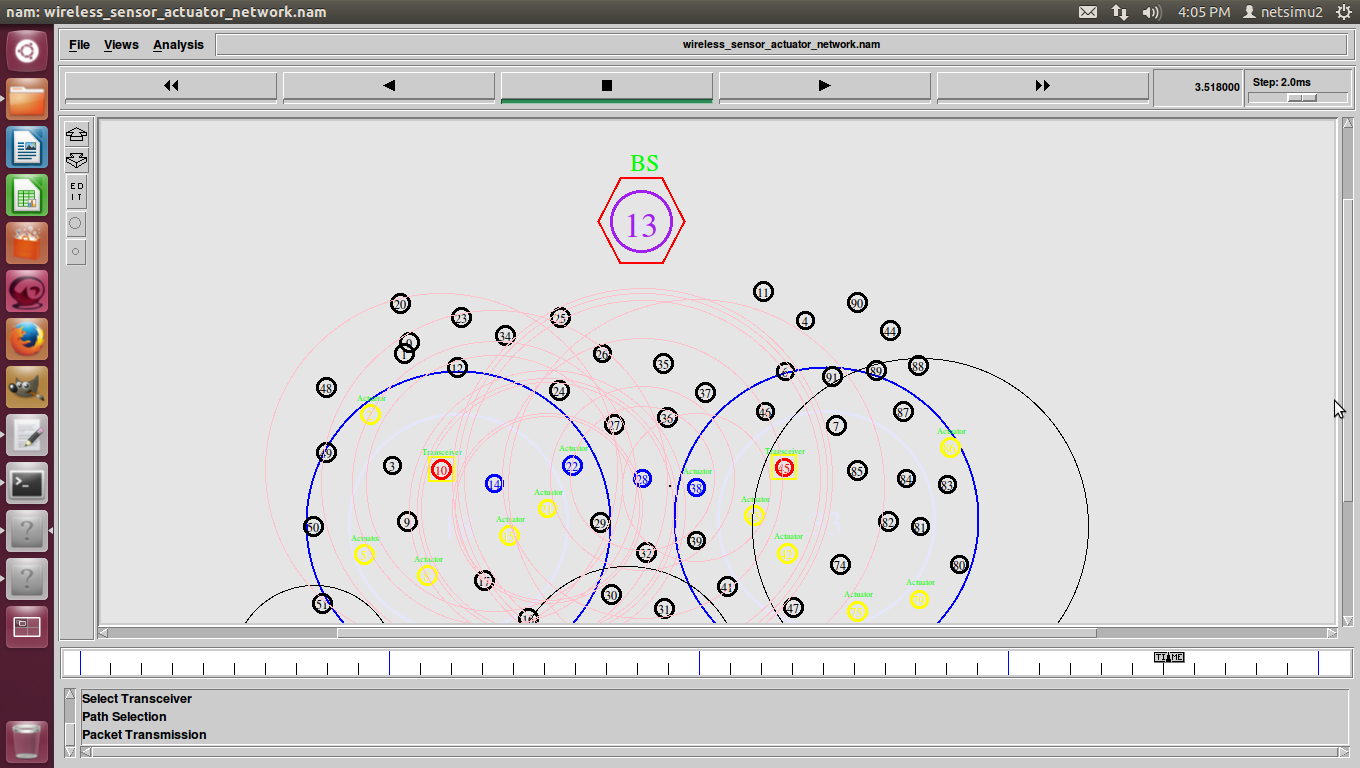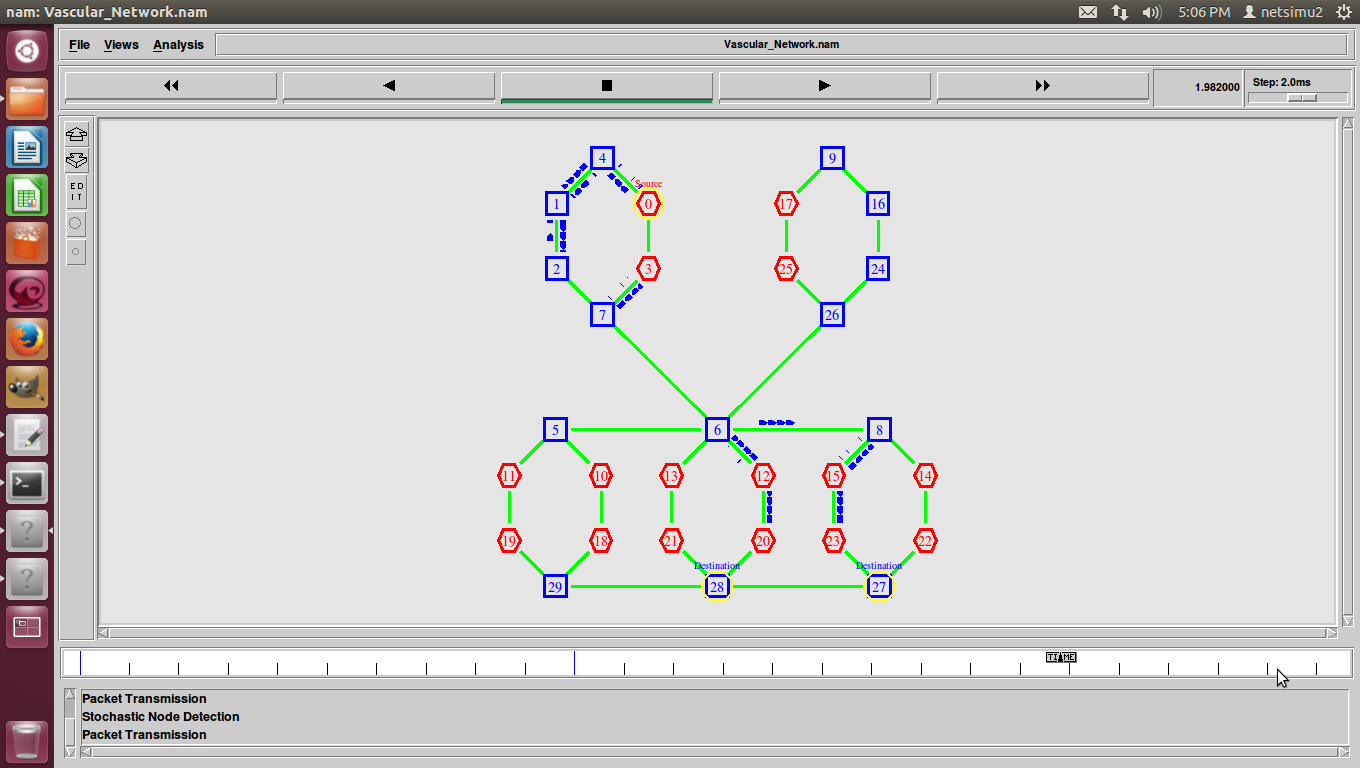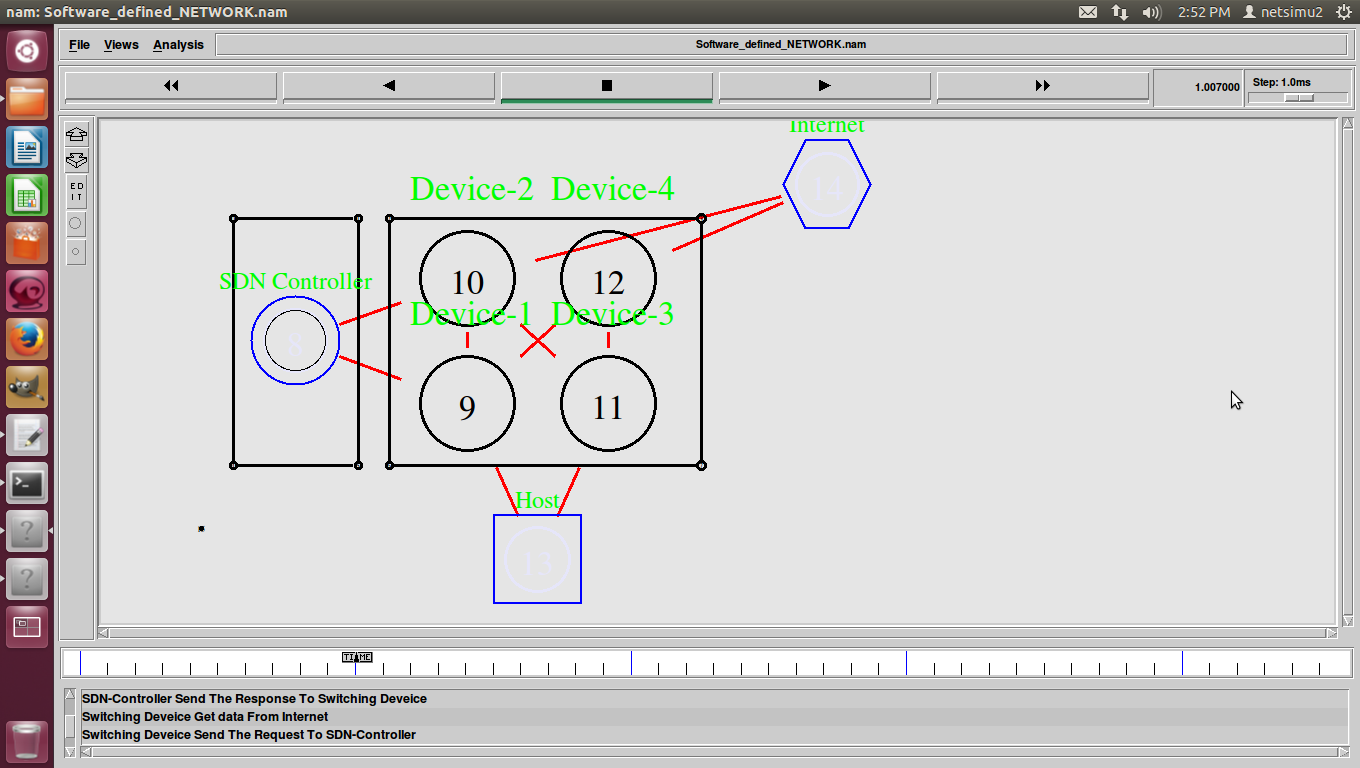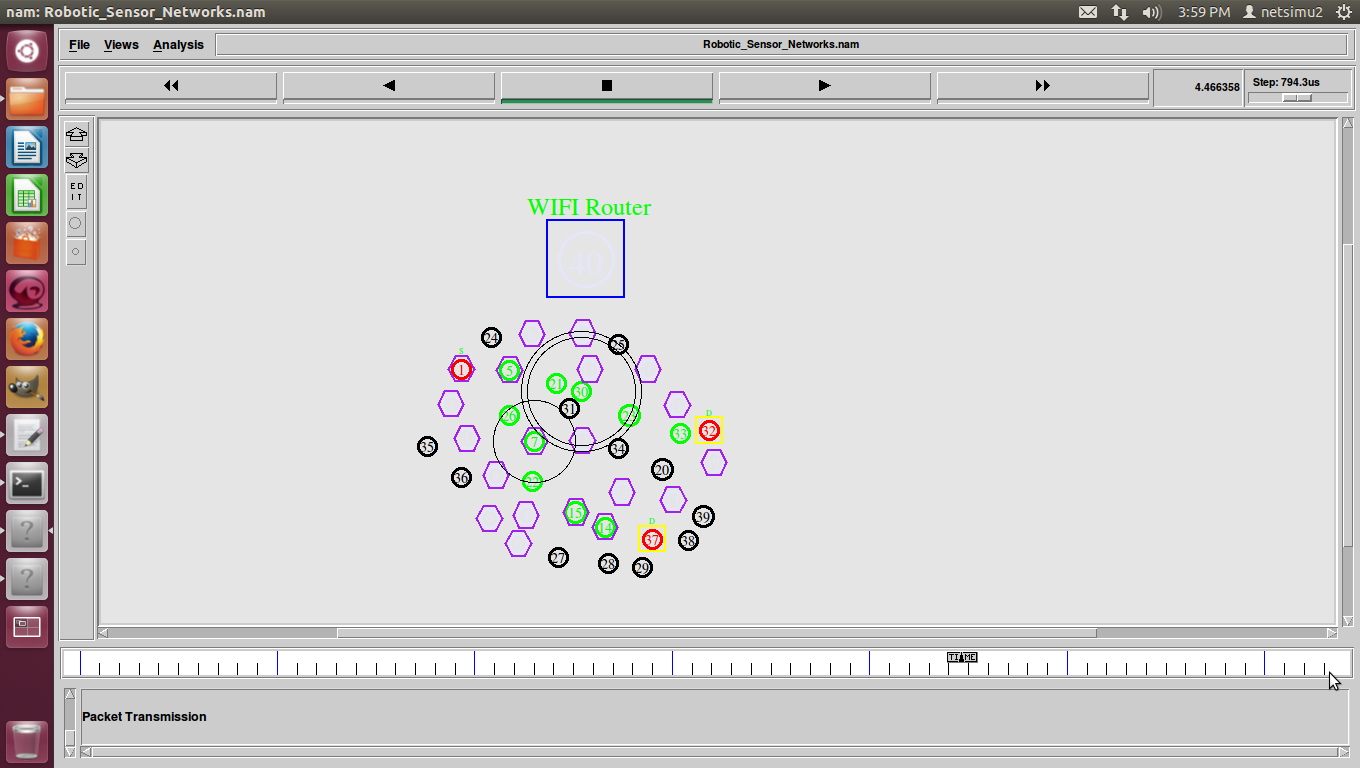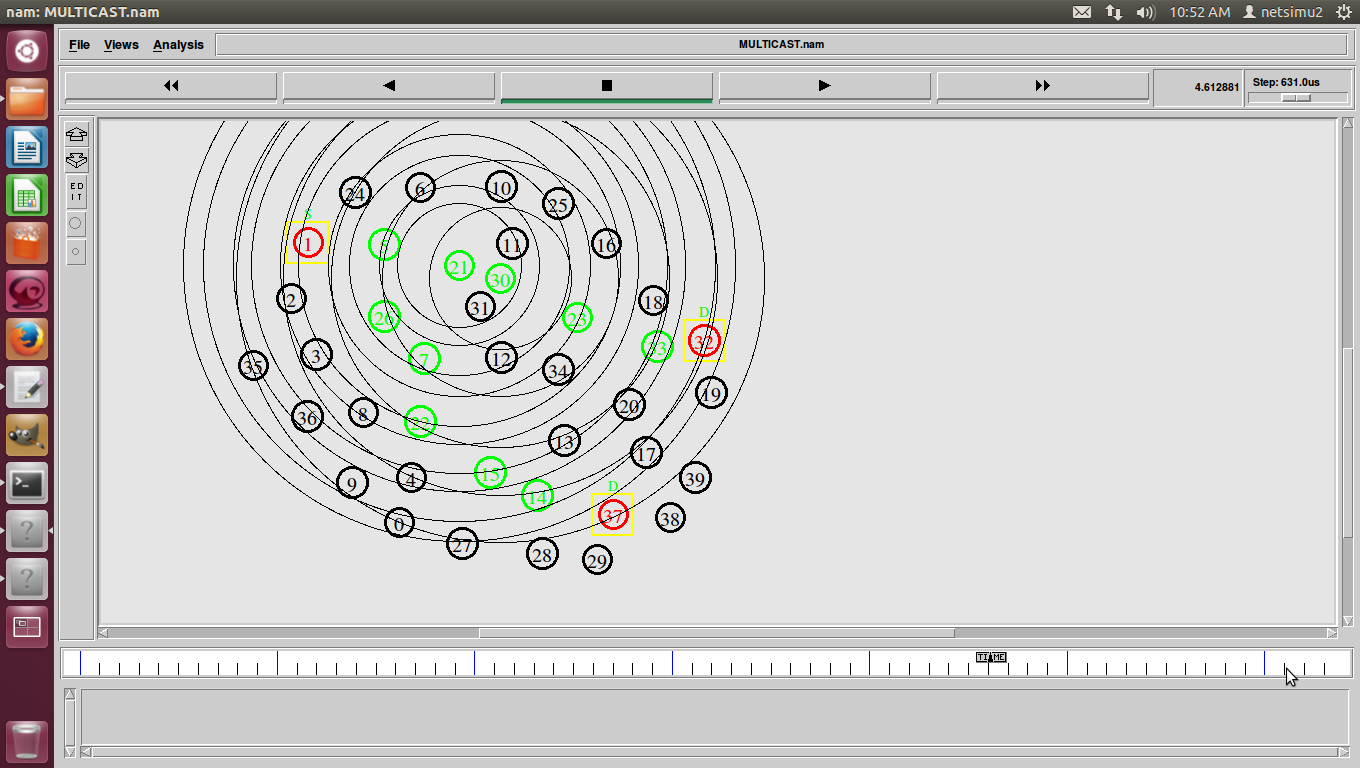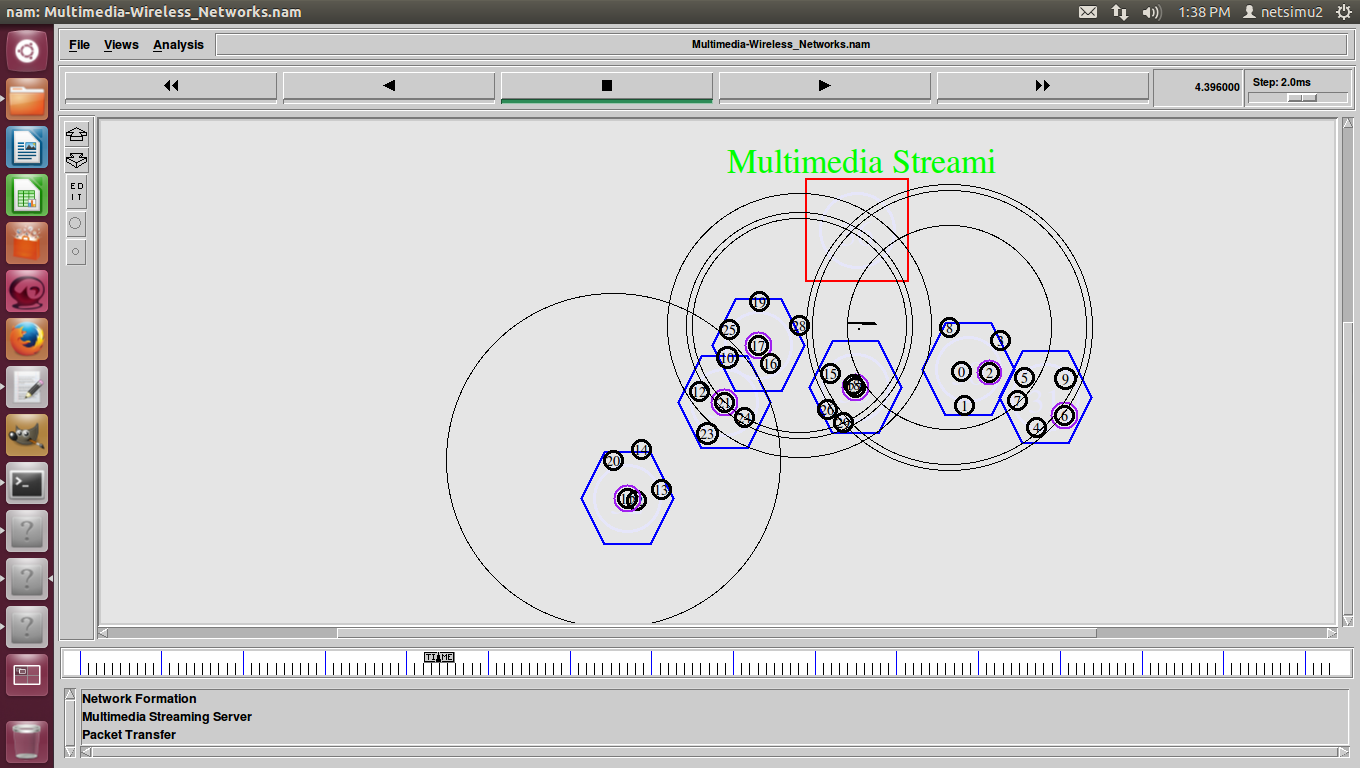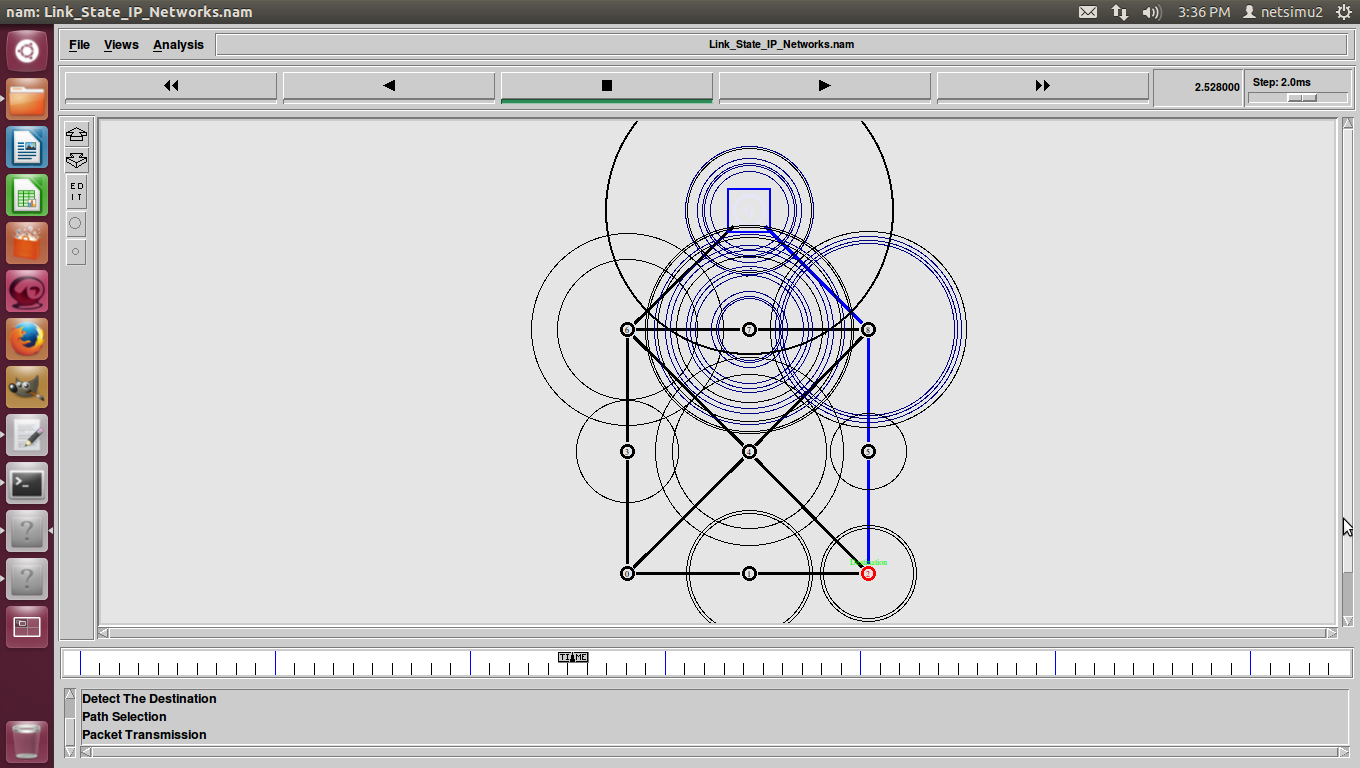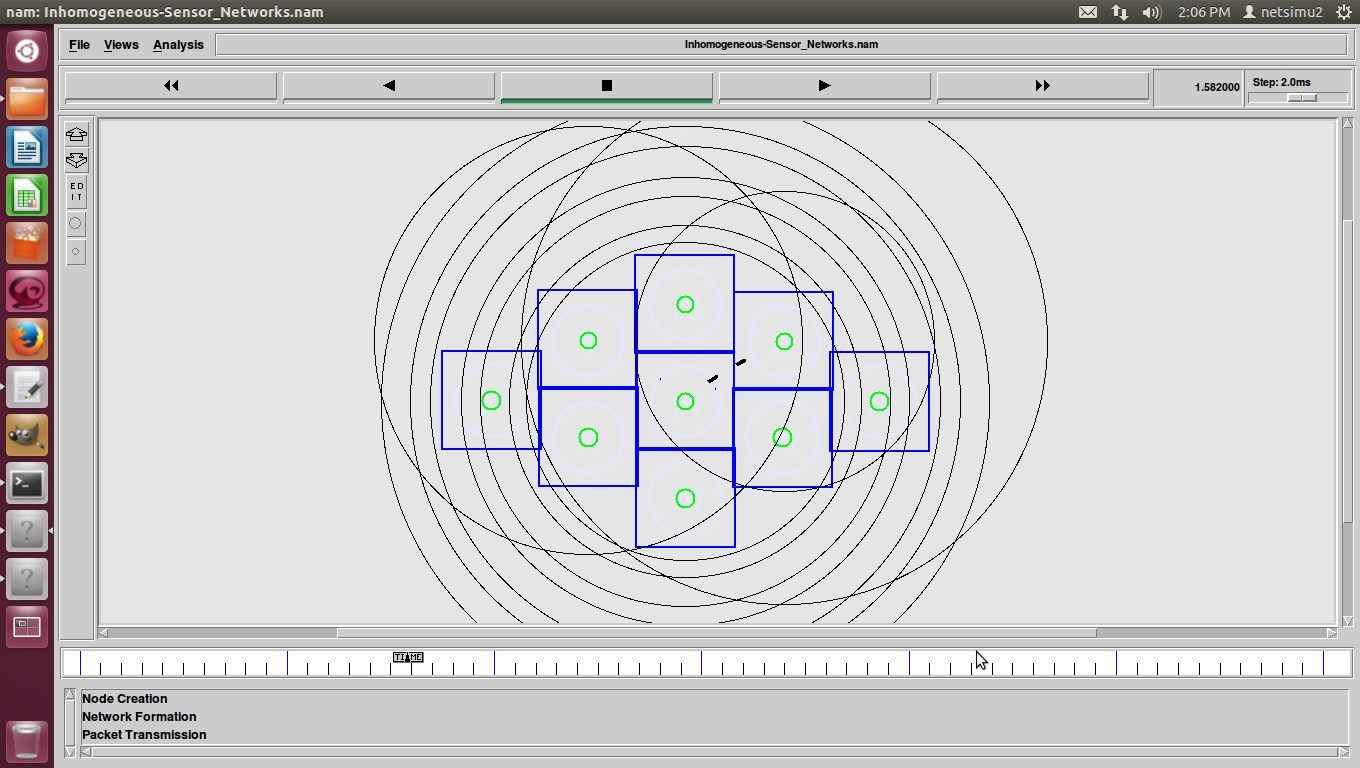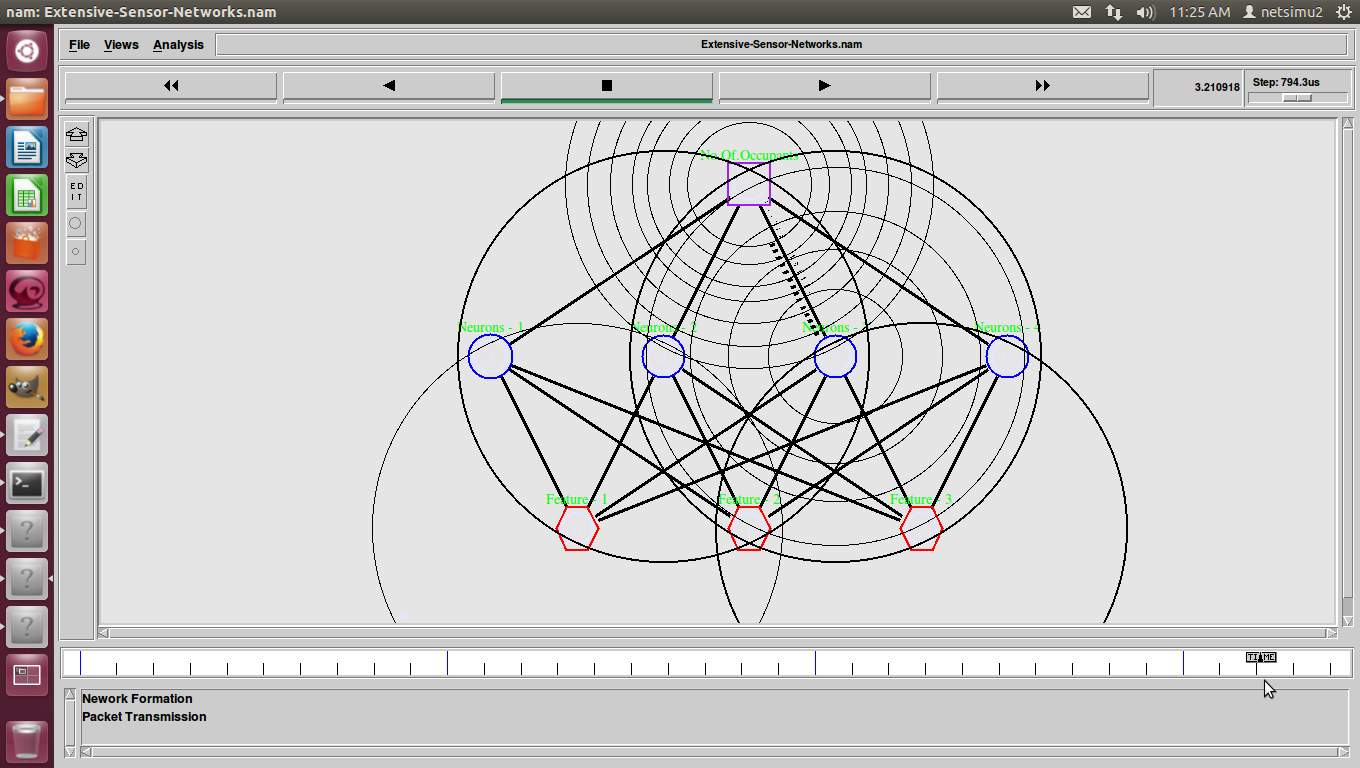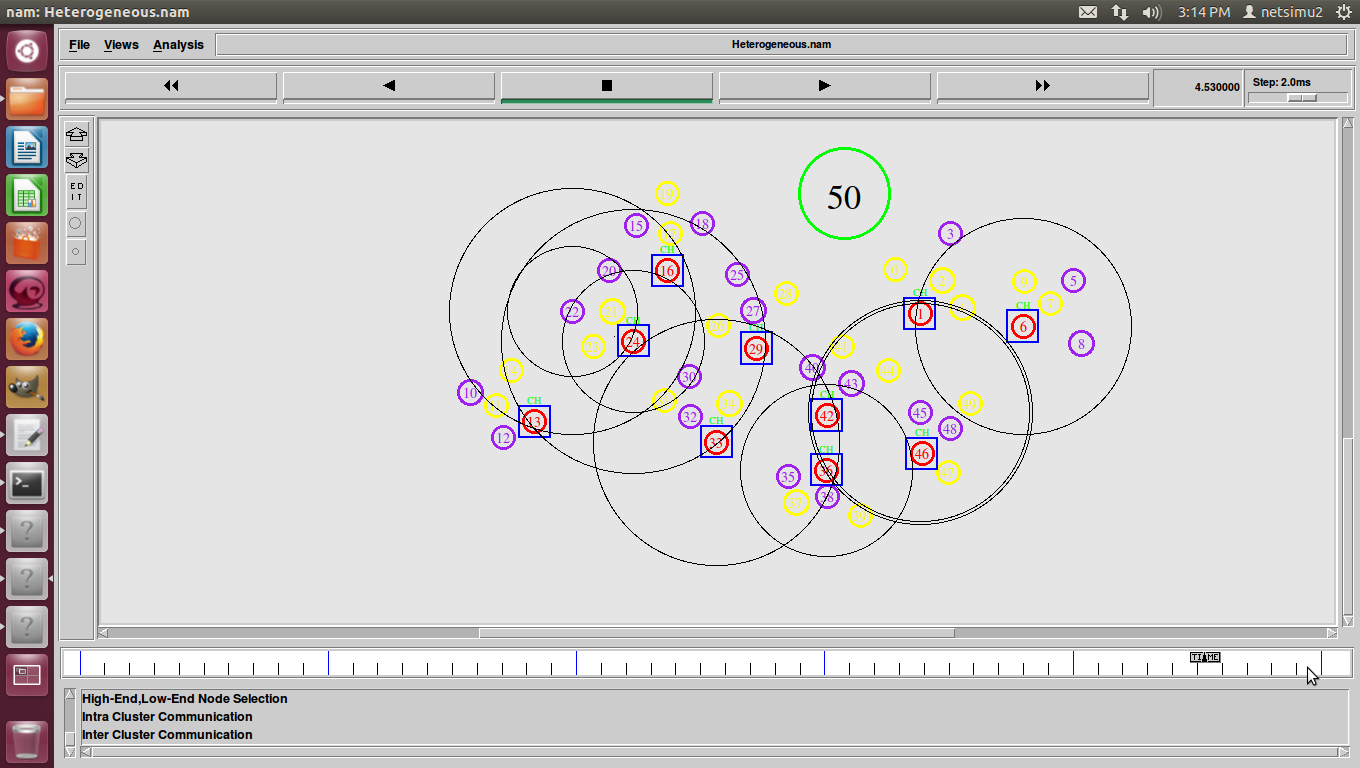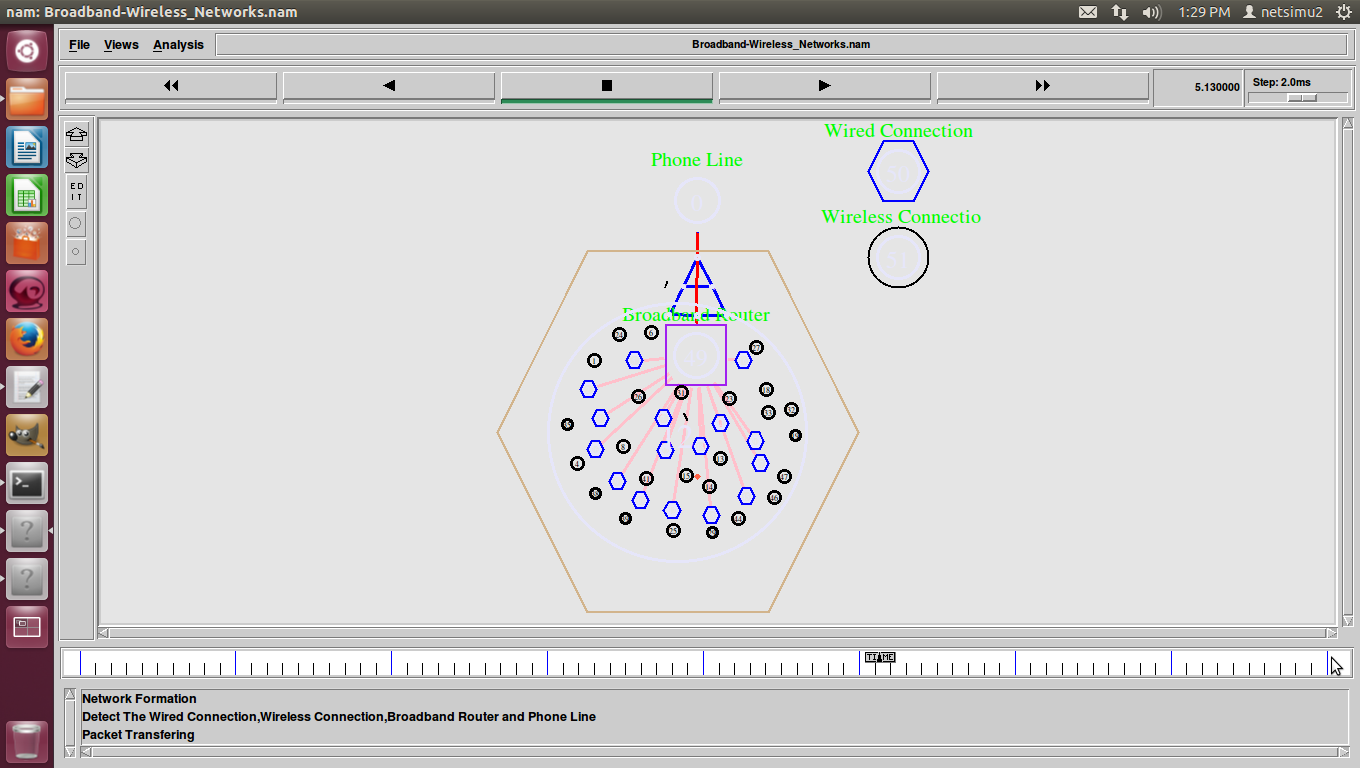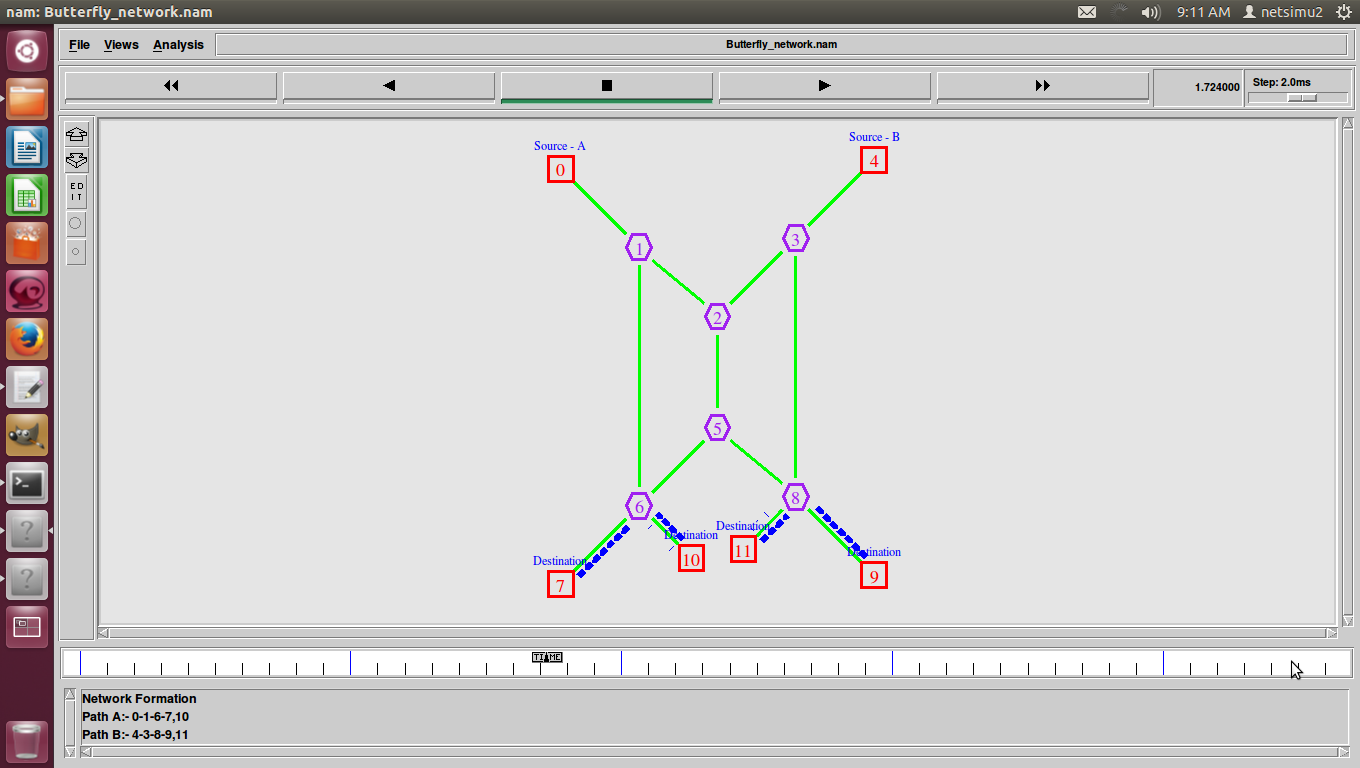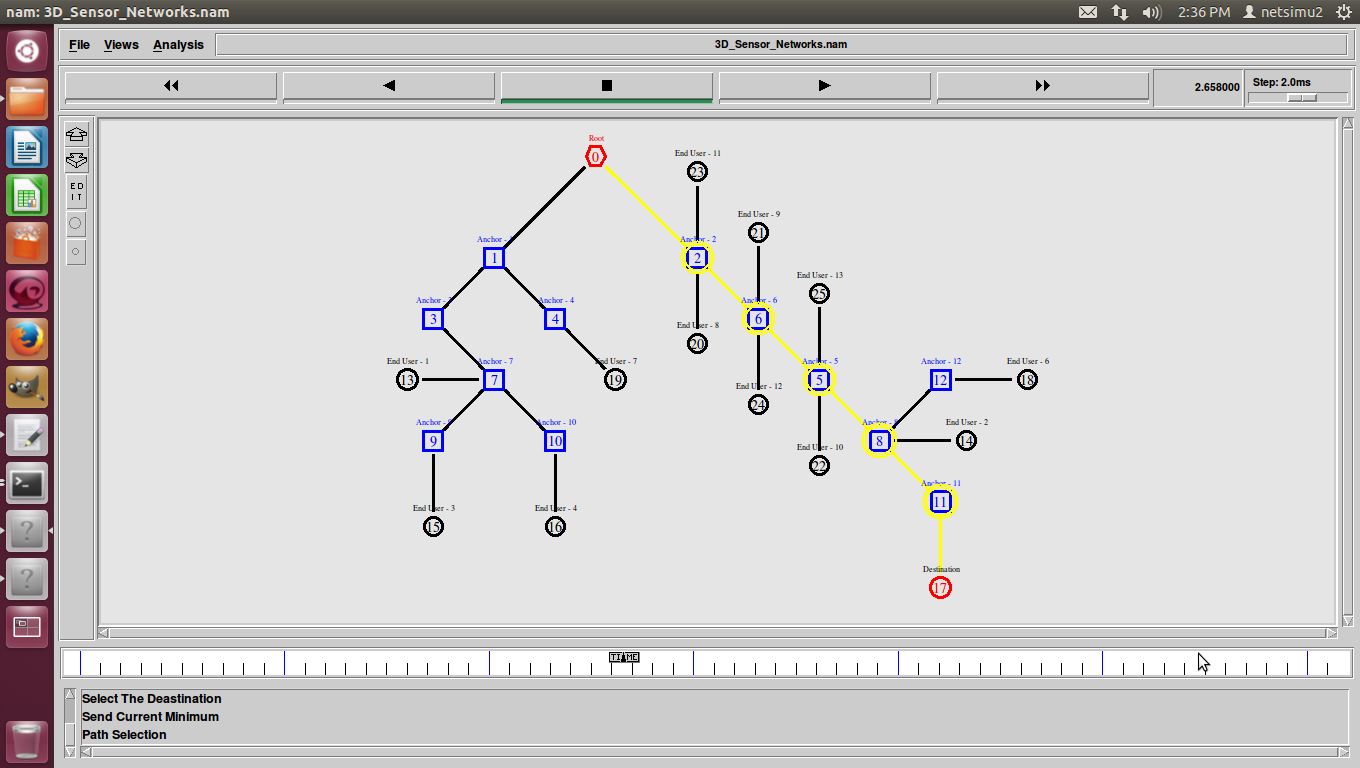Effect of colluding attack in collaborative spectrum sensing
Collaborative spectrum sensing (CSS) is an approach that enhances the spectrum sensing performance where multiple secondary users (SUs) cooperate to make the final sensing decision in a cognitive radio network (CRN). In CSS, the SUs are generally assumed to report correct local sensing result to the fusion center (FC). But, some SUs may be compromised and start reporting false local sensing decision to the FC to disrupt the network.
CSS can also be severely affected by compromised nodes working together. Such a type of attack is termed as colluding attack and nodes that launch colluding attacks are known as colluding nodes. In this paper, we study the effect of colluding nodes in collaborative spectrum sensing. We also show that the presence of colluding attack results in higher asnetwork performance degradation compared to independent attack especially when the presence of attackers is high. Hence, colluding attacks are of much security concern.






